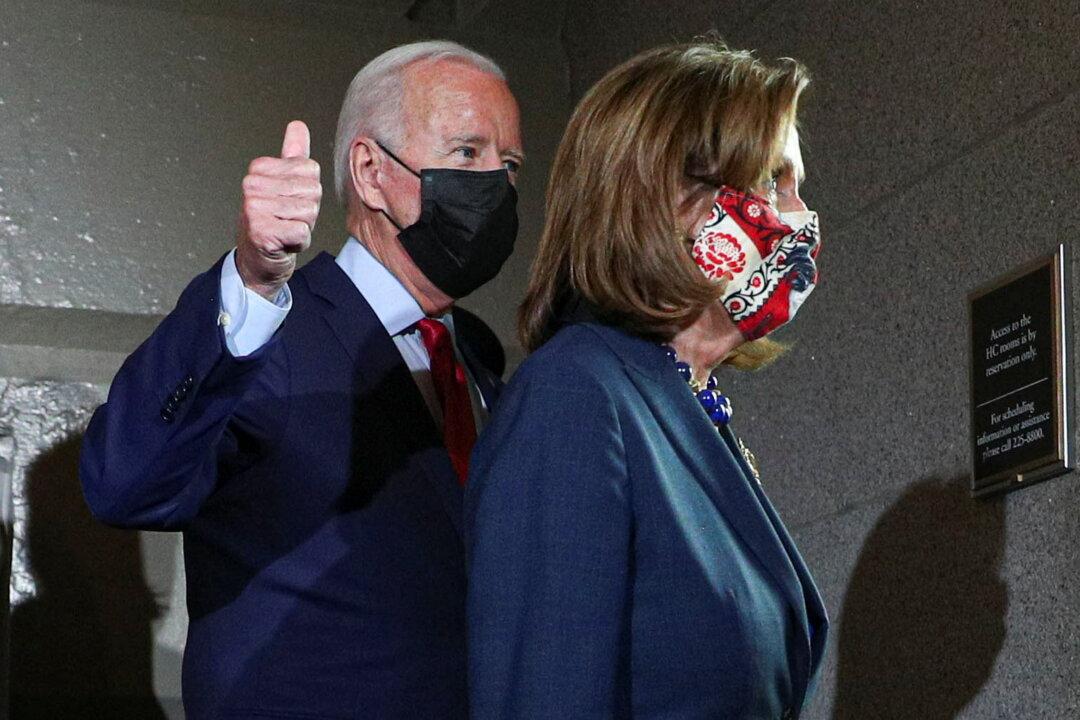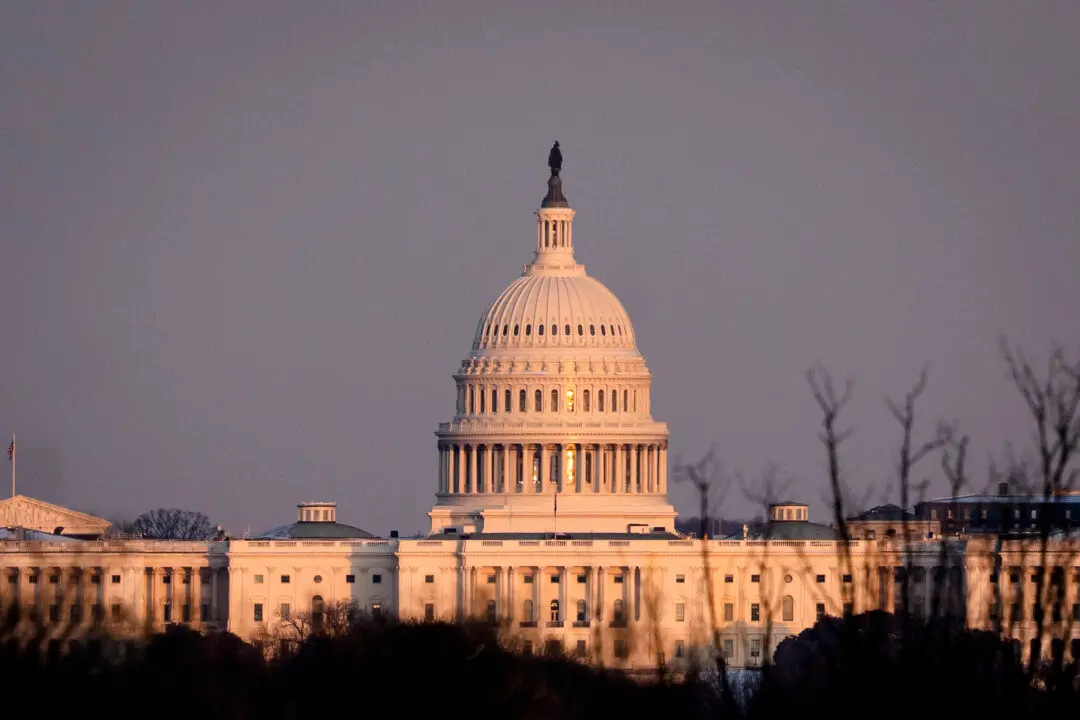President Joe Biden went to Capitol Hill Friday to meet with his deeply-divided caucus in the House amid divisions between progressives and moderates that threaten to derail his presidential agenda.
Biden’s expansive agenda combines both the $1.2 trillion infrastructure bill, passed by a bipartisan vote in the Senate, and the $3.5 trillion Build Back Better Act, a bill that advanced in both the Senate and House on a party-line vote.





